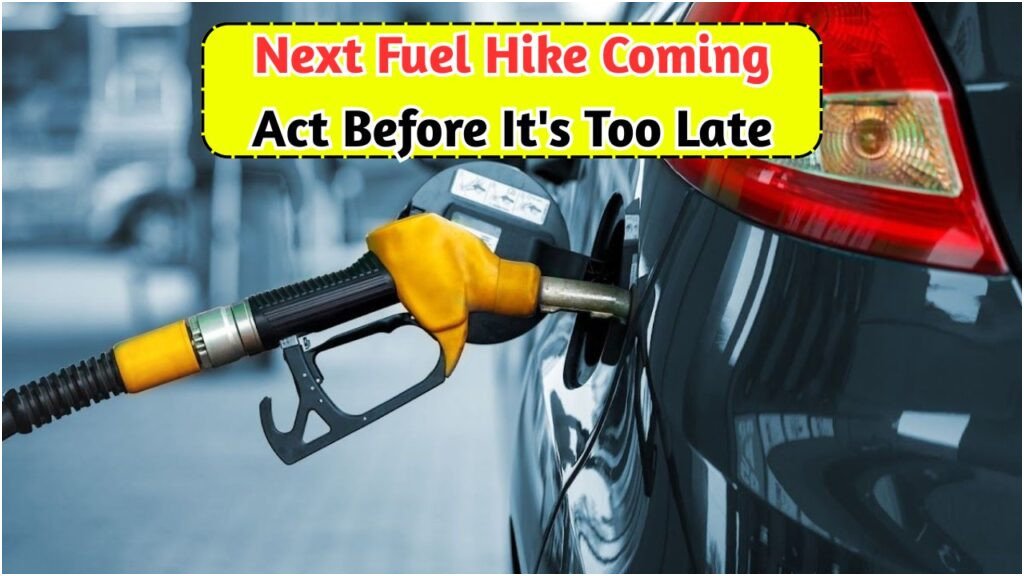Petrol price in Gauteng: The petrol price in Gauteng has recently surged to an alarming R25.40 per litre, creating a significant concern for motorists in the region. With the cost of living already high, this increase adds another layer of financial strain on consumers. It’s essential to find effective ways to mitigate the impact of these petrol price hikes, especially as further increases loom on the horizon. Understanding the dynamics behind these shifts and adopting smart strategies can help South Africans manage their fuel expenses more effectively.
Understanding the Petrol Price Surge in Gauteng
The recent rise in petrol prices in Gauteng to R25.40 is attributed to a combination of global oil market trends and local economic factors. The fluctuation in the international oil market, influenced by geopolitical tensions and adjusting demand, directly impacts local fuel prices. Additionally, the South African Rand’s performance against major currencies like the US Dollar plays a crucial role. When the Rand weakens, it costs more to purchase oil, leading to an increase in petrol prices. This complex interplay of factors makes it vital for consumers to stay informed and adapt to these changes.
- Global oil market volatility
- Exchange rate fluctuations
- Local taxes and levies
- Geopolitical tensions
- Supply chain disruptions
Petrol Price Breakdown
| Component | Cost per Litre | Percentage |
|---|---|---|
| Basic Fuel Price | R15.00 | 60% |
| Taxes and Levies | R7.00 | 28% |
| Distribution Cost | R2.50 | 10% |
| Retail Margin | R0.90 | 2% |
| Total | R25.40 | 100% |
Practical Tips for Reducing Fuel Costs Amid Rising Petrol Prices
With petrol prices climbing, finding ways to save on fuel has never been more critical. Implementing a few practical strategies can lead to considerable savings over time. Start by planning your trips more efficiently—combine errands to minimize unnecessary travel. Keeping your vehicle well-maintained also enhances fuel efficiency; ensure regular servicing, maintain optimal tire pressure, and reduce excess weight in your car.
- Plan and combine trips
- Keep tires properly inflated
- Reduce excess weight in the car
- Use fuel-efficient driving techniques
- Consider carpooling or public transport
- Regular vehicle maintenance
Fuel Efficiency Comparison
| Vehicle Type | Fuel Efficiency (km/litre) |
|---|---|
| Compact Car | 12-15 |
| SUV | 8-10 |
| Hybrid | 20-25 |
| Electric Vehicle | 100+ (equivalent) |
| Motorbike | 20-30 |
Exploring Alternative Transport Options in Gauteng
As petrol prices continue to rise, exploring alternative transport options becomes increasingly appealing for Gauteng residents. Public transportation, such as buses and trains, offers a cost-effective and environmentally friendly solution. The province also boasts a network of ride-sharing services, enabling convenient and affordable travel. Additionally, cycling and walking are viable options for shorter distances, promoting health and reducing carbon footprints.
- Public transport options
- Ride-sharing services
- Cycling and walking routes
- Telecommuting possibilities
- Electric vehicle incentives
Public Transport and Ride-Sharing
| Mode | Average Cost | Benefits |
|---|---|---|
| Bus | R12 per trip | Cost-effective, reduces traffic |
| Train | R15 per trip | Fast, avoids congestion |
| Ride-sharing | Varies | Convenient, flexible |
| Cycling | Free | Healthy, eco-friendly |
| Walking | Free | Healthy, zero emissions |
Government Initiatives to Address Rising Fuel Costs
The South African government has acknowledged the burden of rising fuel costs and is implementing several initiatives to alleviate the impact on consumers. These include temporary reductions in fuel levies and promoting alternative energy sources. By incentivizing the use of electric vehicles and supporting renewable energy projects, the government aims to create a more sustainable energy landscape.
- Fuel levy reductions
- Electric vehicle incentives
- Investments in renewable energy
- Public transport improvements
Renewable Energy Initiatives
| Project | Location | Status | Capacity (MW) |
|---|---|---|---|
| Solar Farm | Upington | Operational | 100 |
| Wind Farm | Jeffreys Bay | Operational | 80 |
| Hydropower Plant | Gariep Dam | Planned | 50 |
| Biogas Facility | Pretoria | Under Construction | 30 |
Future Petrol Price Projections in Gauteng
Looking ahead, petrol prices in Gauteng are expected to remain volatile. Analysts predict potential further increases depending on global oil market trends and local economic conditions. Consumers should prepare for possible fluctuations by staying informed and adapting their fuel usage strategies.
- Monitor economic news
- Stay informed about global oil trends
- Plan for budget adjustments
- Explore long-term energy solutions
Consumer Strategies
- Budget for potential increases
- Invest in fuel-efficient technology
- Explore renewable energy options
- Utilize government incentives
Impact of Petrol Price on the South African Economy
The rising petrol price in Gauteng has significant implications for the broader South African economy. Increased fuel costs can lead to higher transportation expenses, affecting the prices of goods and services. This, in turn, impacts consumer spending power, leading to potential economic challenges. Businesses may face increased costs, influencing their pricing strategies and profitability.
- Higher transportation costs
- Increased goods prices
- Reduced consumer spending
- Business cost adjustments
FAQ Section
- Why are petrol prices rising in Gauteng?
The increase is due to global oil market dynamics, exchange rate fluctuations, and local economic conditions. - How can I save on petrol costs?
Plan trips efficiently, maintain your vehicle, and consider alternative transport methods. - Are there government measures to help with fuel costs?
Yes, initiatives include fuel levy reductions and incentives for electric vehicles. - What are the long-term solutions to rising fuel prices?
Investing in renewable energy and adopting fuel-efficient technologies are viable long-term strategies. - How do petrol prices affect the economy?
They can increase transportation costs, leading to higher prices for goods and reduced consumer spending.
Personal Adaptations to Combat High Fuel Prices
Individuals can adopt various personal adaptations to tackle the challenge of high fuel prices, including lifestyle changes and technology adoption. Embracing telecommuting, utilizing energy-efficient vehicles, and exploring renewable energy options at home can significantly reduce reliance on petrol.
- Telecommuting and remote work
- Using energy-efficient vehicles
- Installing solar panels
- Adopting car-sharing practices
By adopting these strategies and staying informed about potential future changes, South Africans can better navigate the challenges posed by rising petrol prices in Gauteng.





